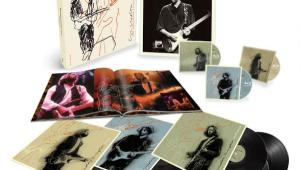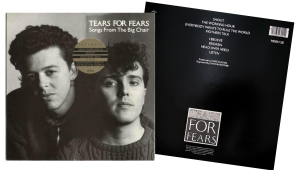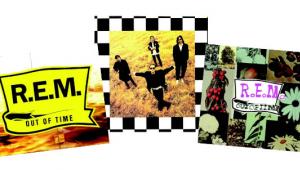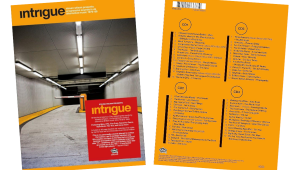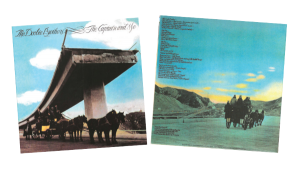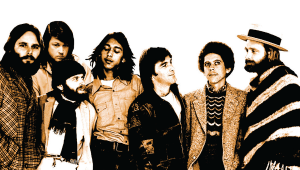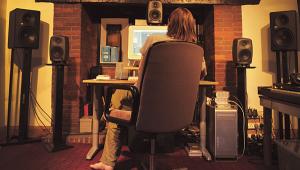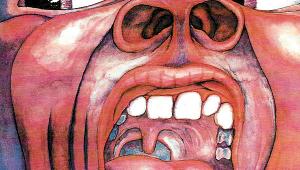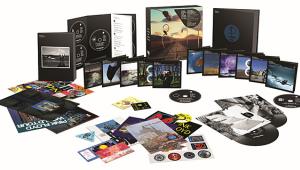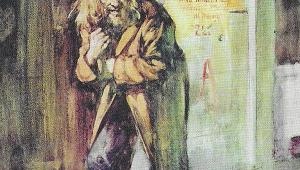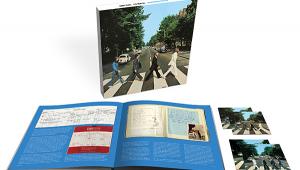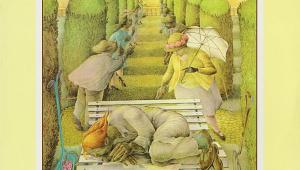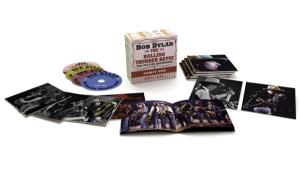CD Review: Bruce Springsteen

| Magic Columbia Music •••• Sound •••• |
A long time ago - May of 1968, to be precise - first-generation rock critic Jon Landau reviewed Bob Dylan's John Wesley Harding in Crawdaddy (which, by the way, has recently been revived - online), and he summed it up with this particularly felicitous and insightful phrase: "Dylan has felt the War."
It is, to say the least, a tad ironic that lo these many years later, a similar phrase could be tagged to Bruce Springsteen's Magic - and not just because Landau has been Springsteen's manager for longer than some people who will buy this album have been alive. But yes, the specter of Iraq does haunt some of the songs here - and not just the explicitly antiwar "Last to Die," a fairly heartbreaking piece of work, it should be noted, albeit more in resignation than in anger.
For example, the opening track (and the album's first single), "Radio Nowhere," evokes the war obliquely. Its resemblance to Blue Oyster Cult's "(Don't Fear) the Reaper" notwithstanding, I think it's an (almost) instant classic, partly because it's such a break from the occasionally overheated street romanticism of Springsteen's 1970s stuff (compared with, say, "Badlands," this is a haiku) and partly because it's got a kind of a sci-fi feel, an eerie depiction of a post-Bush apocalyptic landscape via the metaphor of a late-night DJ wondering if anybody's listening.
"Long Walk Home," another of Springsteen's small-town sketches, comes at the war from a different angle, with the singer's father reminding him that "Certain things are set in stone / Who we are, what we'll do, and what we won't." And then there's "Gypsy Biker," which can be read as a warrior's goodbye to a fallen friend (killed for the same mistake mourned in "Last to Die"), as well as "Devil's Arcade," which might be about a shattered soldier in a V.A. hospital. Or not. (The lyric is, shall we say, ambiguous.)
- Log in or register to post comments

